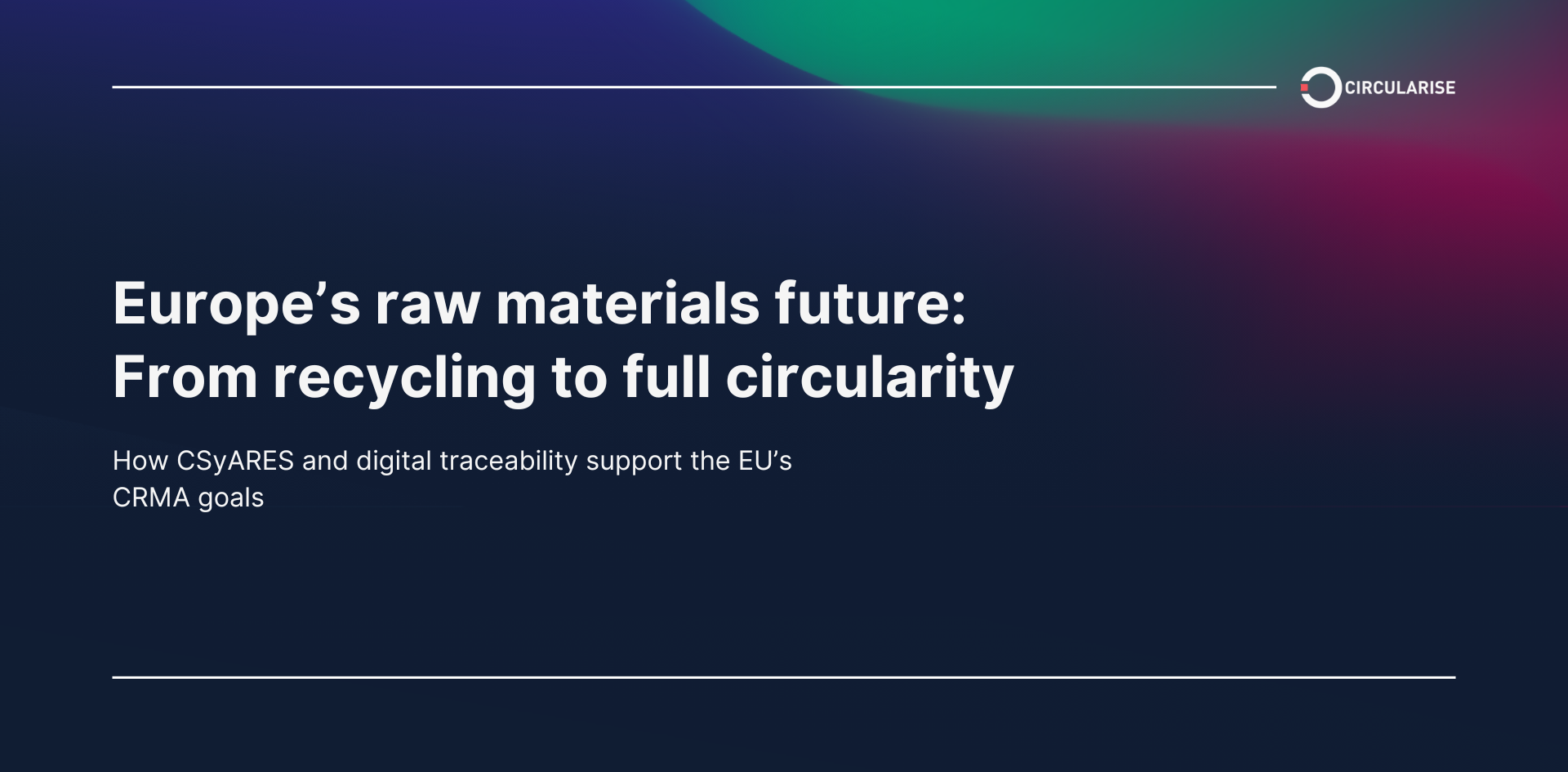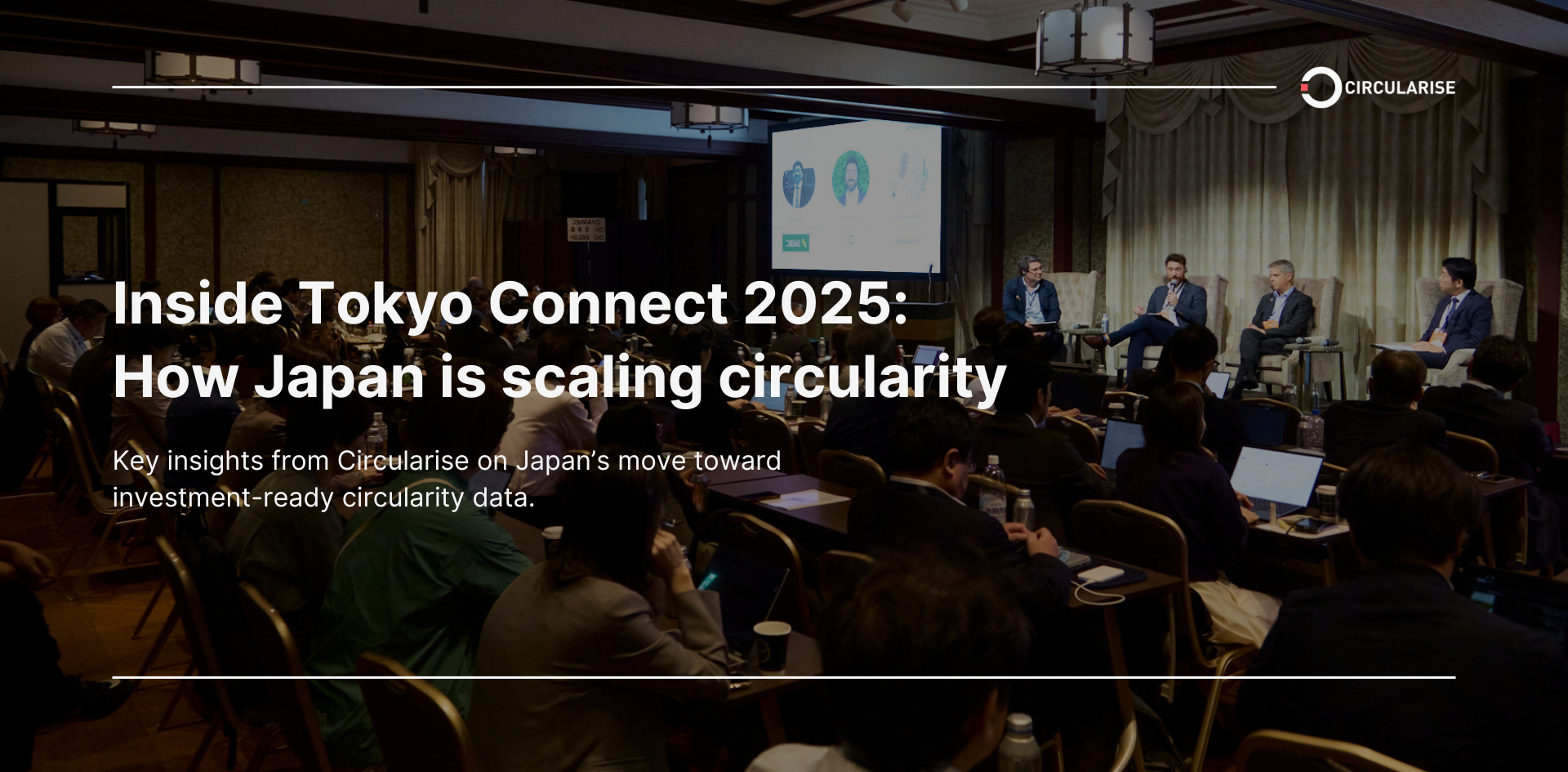*This article was originally written for and published in Volume 17 of BioPlastics Magazine in 2022.
Growing awareness around environmental and ethical issues continues to drive demand and need for more sustainable practices and products. In order for companies to be able to prove sustainability claims, a robust chain of custody process is necessary for credibility and compliance with new regulations, such as the Renewable Energy Directive (RED II) and the EU Packaging Levy.
Why the mass balance approach is best for plastics
The mass balance approach provides the most promising approach for the chemicals and plastics industry to incrementally transition to using sustainable feedstocks, without the need to set up separate production lines for sustainable products.
Allowing for sustainable, bio-based materials to be mixed with fossil-based materials, companies are able to state sustainability claims such as “made with recycled plastic” on products. For credibility, this approach requires the strict tracking of the exact mass of sustainable content flowing through the supply chain system and ensuring an appropriate allocation of this content to the finished product.

Certification schemes for mass balancing
Certification schemes for mass balance approach vary, with differences in their method of accounting for the balance of material, energy, and carbon use relating to specific targeted industry segments or governance requirements for sustainability criteria reporting.
- Better Biomass (previously NEN)
- Ecoloop
- EU Standards: Material Balance Standard for Bio-Based Products
- EUCertPlast
- ISCC PLUS
- REDcert2
- RSB Advanced Products
- RSPO
- UL 2809
How MassBalancer can help your company
However, mass balance bookkeeping and reporting is a complex and expensive process to do manually, limiting the scalability of mass balancing for businesses. Certification systems currently rely on pdfs and paper for maintaining an audit trail. This creates a significant administrative burden with a high risk of human error which can lead to double counting or premature allocation of sustainability credits. This can, in turn, lead to the loss of your certification, and even worse, losing the trust of your customers.
While some large organisations have built their own mass balancing systems to solve their bookkeeping needs, not every company can undertake this difficult and costly endeavour. You can still have accurate and scalable bookkeeping to prove sustainability claims with MassBalancer, an automated solution for mass balance bookkeeping that is able to accommodate complex, multi-tiered supply chains. Manage multiple sites and units in one place, and can be used by anyone along the supply value chain in the plastics and petrochemicals industry.
“Blockchain technology is revolutionising how data is stored and shared. Now companies don’t need to individually keep a balance of goods and transactions in excel. Instead, they can use blockchain and smart contracts to store balances, record transactions, and apply mass balance rules. Every transaction is fully traceable. Auditors can therefore rely on the blockchain for parts of the audit,” said Mesbah Sabur, Circularise’s Founder.
Traceability in the chain of custody plays a critical role in the transition towards a circular economy. Setting up the bookkeeping system and auditing process can make or break this initiative within companies. When done effectively, it can generate more value for the business and act as a means of sustainable transformation. Automating mass balance bookkeeping is a simple, scalable solution that helps you save time, money and resources.
Where to start with implementing a mass balance approach?
- Firstly you need to be sure mass balance is the chain of custody model that is best for your market and your business operations.
- Next select a certification scheme that best suits your business, considering the benefits, market demand, scalability, and standards that will need to be met.
- Outline a plan or MVP for a system which will allow your company to maintain reliable bookkeeping for the certification you have selected.
- Find a certification body that will conduct the auditing for the certification of your site(s) and product(s).
- Outline a practical timeline for implementation, considering the operational change and auditing steps required.
Circularise developed MassBalancer, the go-to solution for all your mass balance bookkeeping needs for ISCC PLUS certification, and to help your company transition towards a more sustainable future.

Circularise is the leading software platform that provides end-to-end traceability for complex industrial supply chains. We offer two traceability solutions: MassBalancer to automate mass balance bookkeeping and Digital Product Passports for end-to-end batch traceability.



.png)



